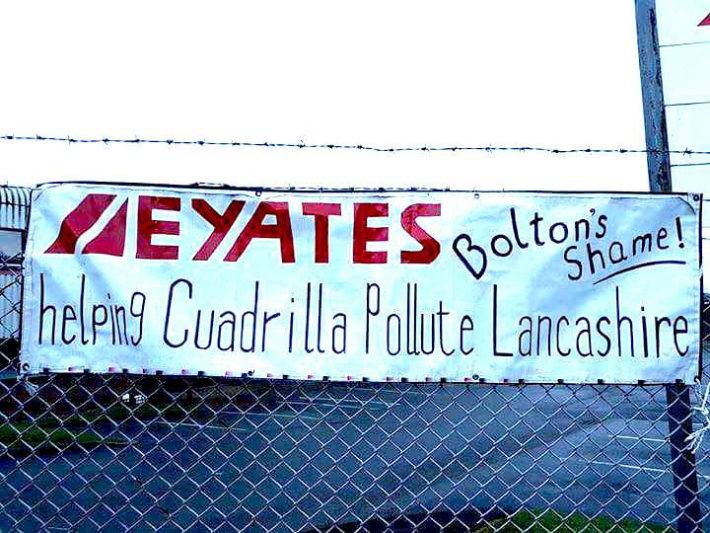Imagine, for a moment, that you are a scientist with an idea. Go on, just a little supposition. What is it that you do in order to test whether your idea conforms to the restrictions of reality?
You do an experiment of course. First you just try it out. Then you try to construct further tests to disprove what you think you’re seeing. What you don’t do is sit around in committee trying to decide whether it could work. You take real world actions to find out.
Which is what markets do. People go and try things and see if they do work. As with this fracking in Lancashire.
Cuadrilla’s controversial bid to frack for shale gas in Lancashire has struck a rare gush of good luck after tests unearthed “excellent” conditions for fracking.
The fracking firm drilled a 1.6 mile deep vertical well at its protest-hit Preston New Road site, through two different types of shale, to reveal “excellent rock quality” for fracking.
The tests also suggest a high natural gas content in the core samples, Cuadrilla said.
No, we don’t know and nor does anyone else as yet. Which is rather the point. From the committee method we have:
The findings rebut a warning from a team of scientists at Heriot-Watt university last year that the UK’s most promising shale gas reservoirs had been warped by tectonic shifts millions of years ago.
The report claimed that these geological quirks meant Britain was unlikely to be able to produce economic amounts of shale gas.
Well, we’ve those two claims. How do we choose between them? Obviously, we’ve got to go and try fracking and find out. Which is, of course, exactly the thing that markets do, try things and see if they work or not.
That is, far from planning being the scientific method, as is so often claimed, markets are. That very freedom to experiment which they allow is exactly what makes them such too. For each and every one of those experiments is a scientific test of whether the whatever it is works, accords with reality.
14Jan
Markets are the scientific method of doing things

